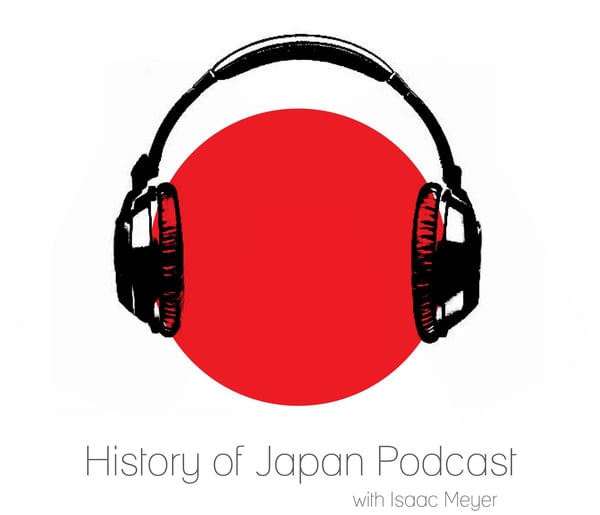Episode 444 - The Crysanthemum Taboo
History of Japan
Isaac Meyer
4.8 • 744 Ratings
🗓️ 1 July 2022
⏱️ 36 minutes
🧾️ Download transcript
Summary
This week: how did a spate of right wing violence in the early years of the 1960s help to fundamentally reshape public discourse around the emperor (and thus around politics and history more generally) up to the present day? And what does all of this have to do with one of the most bizarre short stories that has ever been published?
Show notes here.
Transcript
Click on a timestamp to play from that location
| 0:00.0 | Hello and welcome to the History of Japan podcast, episode 444, the chrysanthemum taboo. |
| 0:23.4 | I know we've spent a lot of time on the events of 1960 over the last few weeks, but there's |
| 0:28.9 | one more aspect to this turning point in Japanese history that I really want to make sure we |
| 0:34.4 | talk about. |
| 0:35.7 | If you've lived in Japan, for any length of time, |
| 0:38.7 | you've probably heard the phrase, kick taboo, or chrysanthemum taboo, bandied about. This is the |
| 0:44.9 | idea that public criticism, or even just critical discussion of Japan's imperial institution, |
| 0:50.8 | is discouraged in modern Japan, that the imperial family, in essence, is off limits for public |
| 0:56.8 | discourse. When it's discussed, the chrysanthemum taboo is often described as a holdover from |
| 1:02.9 | pre-war thinking about the imperial throne, which is certainly true in a sense, but that framing |
| 1:08.3 | misses something important about the nature of the taboo and where it comes |
| 1:12.0 | from. Like many of the other defining institutions of modern Japan, the chrysanthemum taboo |
| 1:18.0 | actually has its origins in the tumultuous year of 1960 and its aftermath, and in particular, |
| 1:24.4 | in a violent attempt to curb free speech in Japan, and that attempt, in turn, |
| 1:29.3 | is grounded in the history of Japan's political extreme right after the Second World War. |
| 1:35.4 | You see, the remarkable thing about fascist states during the Second World War is that, |
| 1:40.5 | contrary to how they are often perceived, they did enjoy pretty broad-based political support. |
| 1:46.8 | Traditional post-war accounts of the conflict placed the blamed for the evil actions, |
| 1:51.0 | and I think evil is the right word here, of both Imperial Japan and Nazi Germany, on the small |
| 1:57.0 | cabal of leaders, the inner circle of the Nazi party or the military leaders of the |
| 2:01.5 | Japanese Empire. But more recent research has revealed a very different picture. Many people were |
| 2:08.1 | either bystanders or willing participants in the rise of wartime fascism, far more than could |
... |
Please login to see the full transcript.
Disclaimer: The podcast and artwork embedded on this page are from Isaac Meyer, and are the property of its owner and not affiliated with or endorsed by Tapesearch.
Generated transcripts are the property of Isaac Meyer and are distributed freely under the Fair Use doctrine. Transcripts generated by Tapesearch are not guaranteed to be accurate.
Copyright © Tapesearch 2025.

